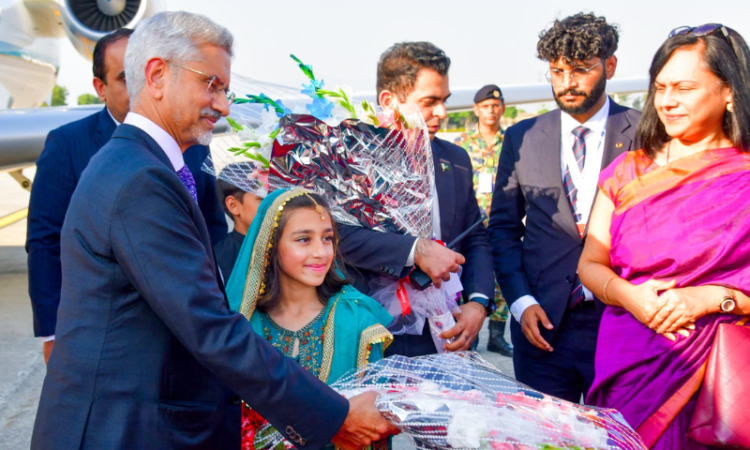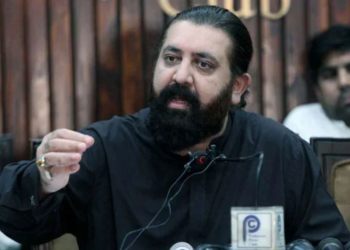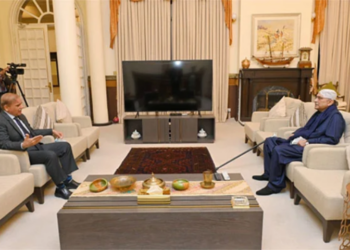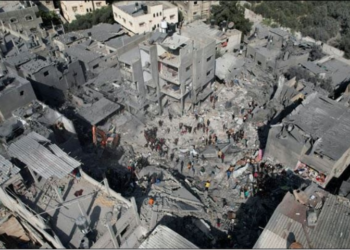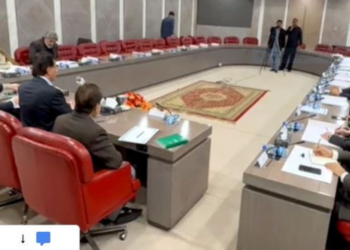Islamabad, October 15,2024-The 23rd Shanghai Cooperation Organization (SCO) Summit commenced in Islamabad today, with foreign dignitaries continuing to arrive in the city. Among the attendees is Indian Foreign Minister Subrahmanyam Jaishankar, who landed at Nur Khan Airbase at 3:26 PM on an Indian Air Force plane. He was warmly received upon his arrival. He is the first Indian Minister to visit Pakistan after 2015.
Earlier, Turkmenistan’s Deputy Chairman of the Cabinet, Rashid Meredov, was welcomed by Khalid Maqbool Siddiqui, while Tajikistan’s Prime Minister Qohir Rasulzoda was greeted by Pakistan’s Commerce Minister Jam Kamal upon his arrival in Islamabad.
Kyrgyzstan’s Prime Minister, Akylbek Japarov, also reached Pakistan earlier on Tuesday afternoon, where he was received by Federal Minister Musadik Malik at Nur Khan Airbase, who presented him with a bouquet.
Prime Minister Shehbaz Sharif of Pakistan will be hosting the summit, which will see the participation of several high-profile leaders, including Chinese Premier Li Qiang, Belarusian Prime Minister Roman Golovchenko, Kazakh Prime Minister Alihan Smaiylov, Russian Prime Minister Mikhail Mishustin, Tajikistan’s Prime Minister Qohir Rasulzoda, Kyrgyzstan’s Prime Minister Akylbek Japarov, and Uzbek Prime Minister Abdulla Aripov.
Iran’s First Vice President Mohammad Mokhber and Indian Foreign Minister Jaishankar are also expected to participate.
Mongolia is attending as an observer, represented by its Prime Minister, while Turkmenistan is a special guest, represented by Deputy Chairman Rashid Meredov.
Other prominent guests include SCO Secretary-General Zhang Ming, Executive Director of the SCO’s Regional Anti-Terrorist Structure Ruslan Mirzayev, Chairman of the SCO Business Council Board Atif Ikram Sheikh, and Chairman of the SCO Interbank Union Marat Yeleubayev.
Prime Minister Shehbaz Sharif will host a dinner for the distinguished guests later today.
During the summit, discussions will cover ongoing cooperation in areas such as the economy, trade, environment, and socio-cultural relations. The performance of the organization will also be reviewed, and member states will make key decisions to enhance mutual cooperation and approve the organization’s budget.



